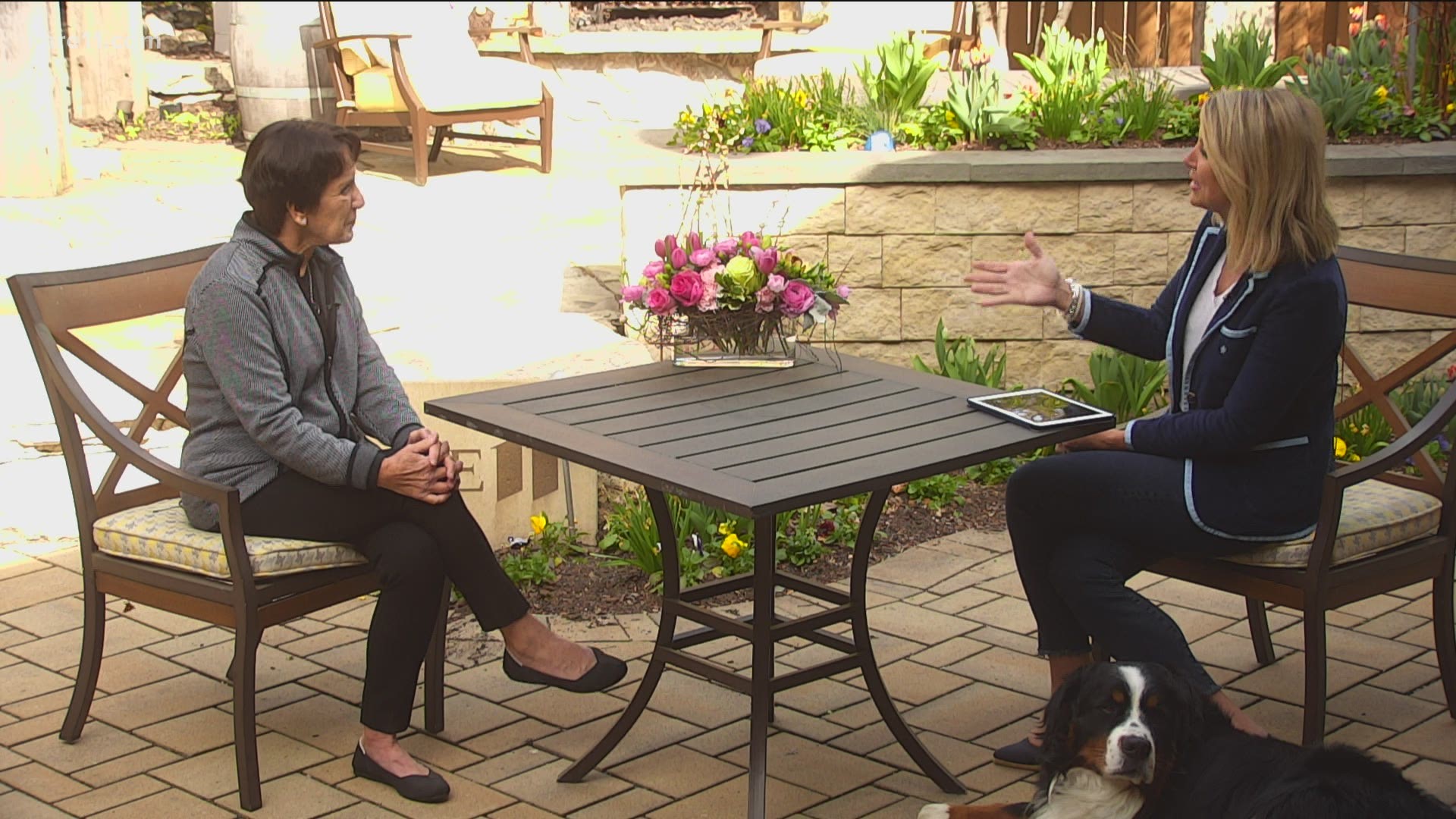MINNEAPOLIS — For 15 years, developmental psychologist Dr. Marti Erickson and her daughter have been sharing the ups and downs of parenting with their "Mom Enough" podcast.
As the mother-daughter duo marks the 15th anniversary of the podcast, they're also looking back on key issues for parents that they've learned and shared over that time.
During a visit on KARE 11 Saturday, Dr, Marti Erickson shared four major things that every parent should know in 2021:
1. Strong, healthy brains grow through simple, loving, joyful parent-child interactions
"Cuddle, talk, read, sing, play and laugh with your baby or young child," Dr. Erickson said. "Nothing matters more to a child’s development of emotional regulation, empathy, focus and clear thinking. The secure attachment that develops from those warm, sensitive interactions is the foundation for good brain development and lifelong health and well-being. And research shows it is a powerful buffer against the unavoidable stress everyone encounters at times."
2. Overparenting undermines children’s opportunities to build essential skills for adult living
"Many young adults today are seeking classes in 'adulting' to help them build skills they didn’t have opportunities to learn as children," Dr. Erickson noted. "Let your preschoolers help clear the table or fold laundry, teach school-age kids to shop within a budget or prepare a meal, have teens do regular chores and participate in important family decisions. Children of all ages thrive when they contribute to the common good at home, in school and in the community. And they build skills so they can skip the adulting classes in their 20s!"
3. Children should learn the concept of “consent” long before they are ready to date
"The 'me too' movement has made us all aware of the importance of teaching kids to ask for explicit verbal consent before starting any romantic or sexual interactions with someone," Dr. Erickson said. "But those lessons need to begin much earlier in childhood. Instead of telling your young child to 'give Uncle George a hug, better for Uncle George to ask, 'Is it OK if I give you a hug?' Or when siblings or friends are playing at the lake or pool, teach them that “no means no” when another child says, 'Don’t splash me.' These are basic concepts in being clear about your own boundaries and respecting the boundaries of others, at the heart of healthy relationships at any stage of life."
4. Raising nonracist children starts at home from the earliest months and years of life
"In the past year, we have experienced a painful but necessary confrontation of racism, injustice and inequity in our society, along with a new understanding of how we can teach our children from the earliest age to know, respect and appreciate people of all skin colors and ethnicities," Dr. Erickson said. "Seek out places and community activities where your children can interact with children of other backgrounds. Read books and watch movies that feature children of all colors and ethnicities in positive roles. Teach your children about leaders who have worked for civil rights and justice. Role play with your children how they can be 'upstanders' when they see injustice or racism at school, on the sports field or the local mall. And, most of all, set an example in your own words, actions, friendships and community service."
Read more from Dr. Erickson and listen to the Mom Enough podcast by visiting their website at www.momenough.com.

